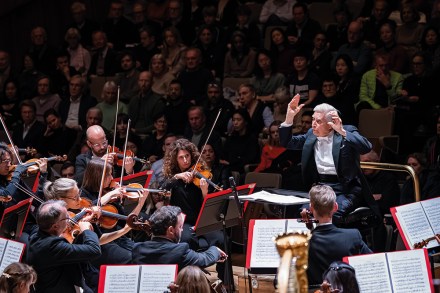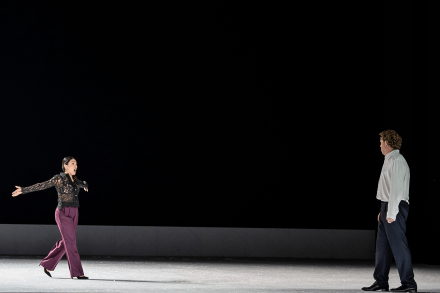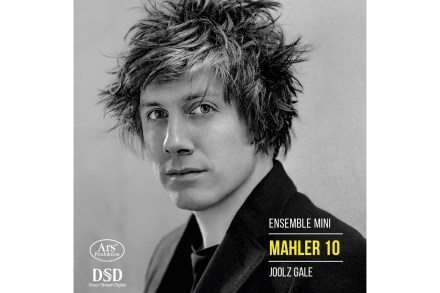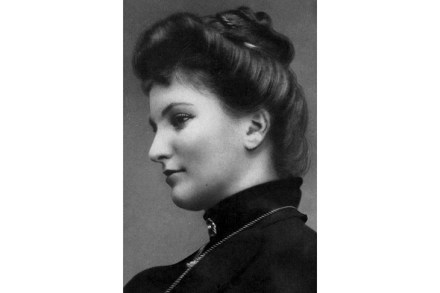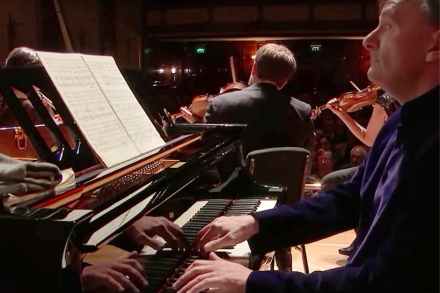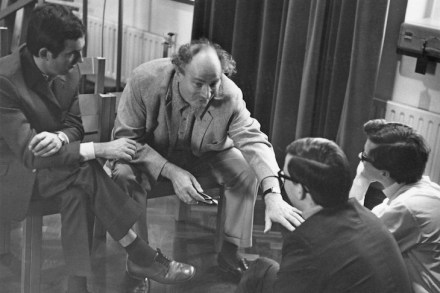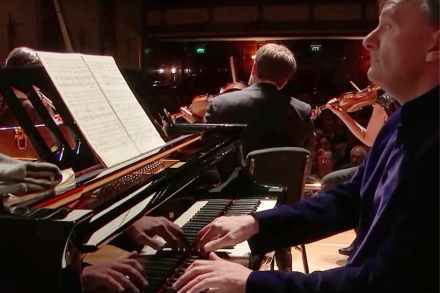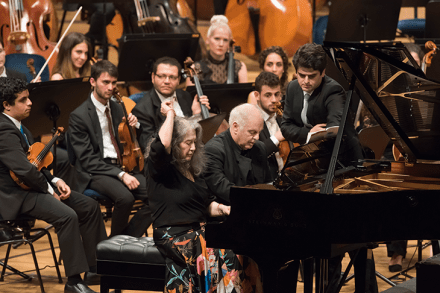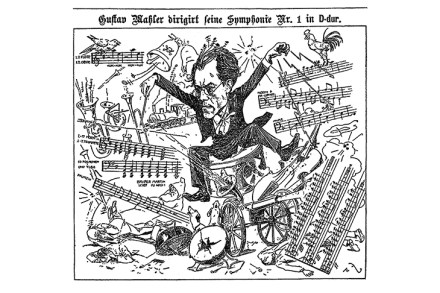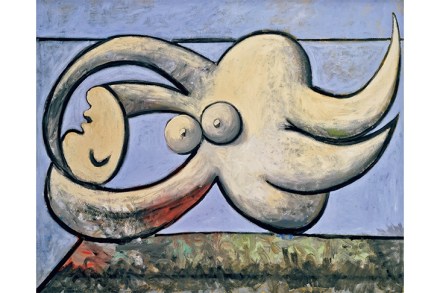Spellbinding: Herbert Blomstedt’s Mahler 9 reviewed
Ivor Cutler called silence the music of the cognoscenti. But there’s silence and there’s silence, and a regular concertgoer hears a fair bit of both. The ability to fold silence into a musical line – to create the impression that a conductor is somehow sculpting a sound which doesn’t exist – is an indicator of high artistry on the podium. This was real: the concentrated hush of 2,700 people listening as if the silence was part of the symphony Conversely, there’s the embarrassing strained silence when, at the end of a work, a conductor decides to keep the baton raised and see how long he can hold back the tide
